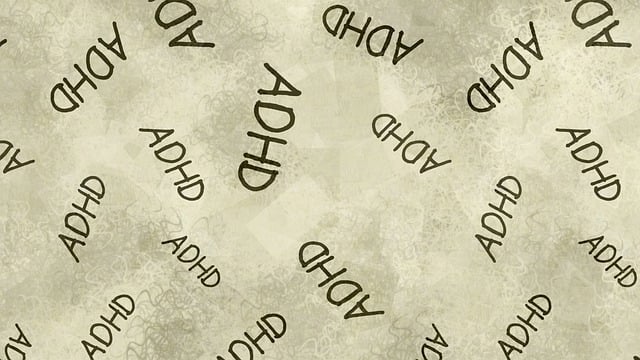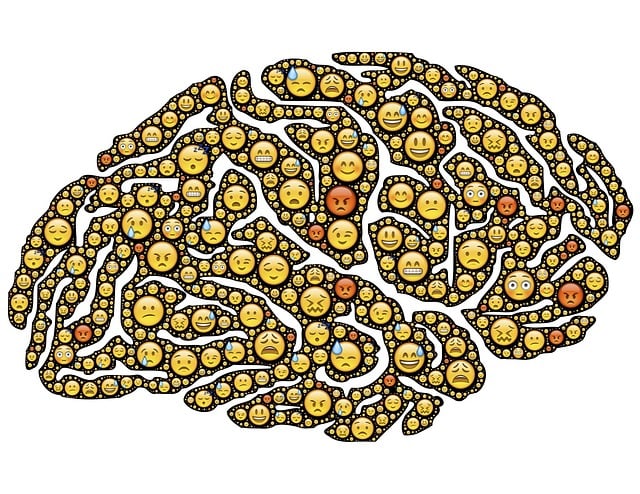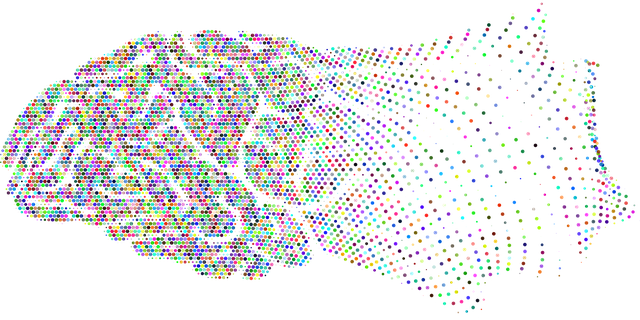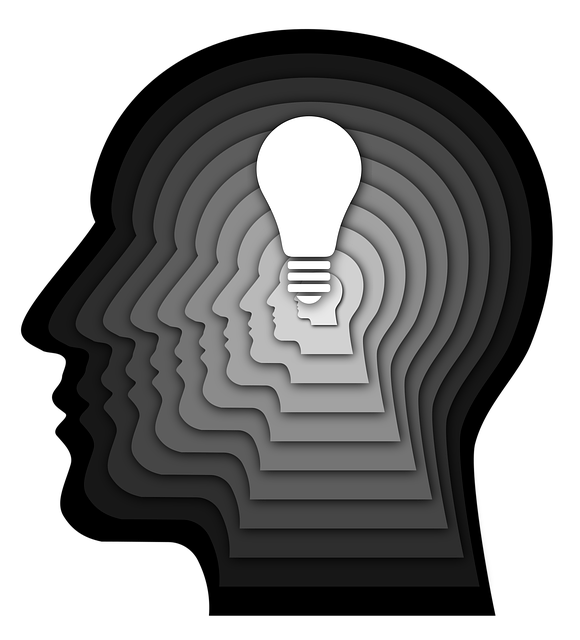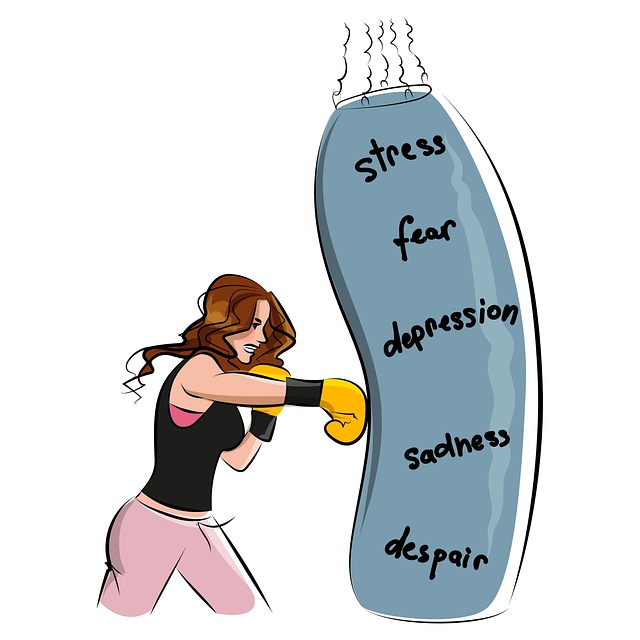Aurora Crisis Counseling Therapy is an effective approach to enhancing Emotional Intelligence (EQ), focusing on emotional regulation, self-awareness, and positive thinking. Through daily practice, including introspection, mindfulness, and self-care, individuals develop EQ skills that improve relationships, decision-making, and overall mental well-being. Quantifiable assessments track progress, while integrated guidance tailors support to personal growth objectives, incorporating Mental Health Policy Analysis and Advocacy for a holistic understanding of EQ's role in mental healthcare.
Emotional intelligence (EQ) is a powerful tool for personal growth and relationship building. In today’s fast-paced world, understanding and managing our emotions is more crucial than ever. This article explores the multifaceted aspect of EQ, providing insights into its significance and offering practical strategies for development. We delve into the role of Aurora Crisis Counseling Therapy as an effective approach to enhance EQ, along with methods for measuring personal growth. By understanding these concepts, folks can navigate life’s challenges with increased resilience and emotional awareness.
- Understanding Emotional Intelligence: Unlocking the Power Within
- The Role of Aurora Crisis Counseling Therapy in Enhancing EQ
- Practical Strategies for Daily Development of Emotional Intelligence
- Measuring Success: Assessing and Tracking Personal Growth in EQ
Understanding Emotional Intelligence: Unlocking the Power Within

Emotional intelligence (EQ) is a powerful tool that equips individuals with the ability to recognize, understand, and manage their own emotions, as well as empathize with others. This crucial skill set goes beyond simple self-awareness; it enables effective communication, fosters healthy relationships, and promotes better decision-making. For those seeking personal growth or exploring career paths in mental healthcare, such as through Aurora Crisis Counseling Therapy, developing EQ can be a game-changer.
Understanding emotional intelligence involves recognizing its multifaceted nature. It includes self-regulation, where individuals learn to control their impulses and emotions, especially during stressful situations. Additionally, it encompasses empathy, allowing us to connect with others’ feelings and perspectives, crucial for mental healthcare professionals who must navigate complex cultural sensitivities in their practice (Cultural Sensitivity in Mental Healthcare Practice). By integrating these skills, people can enhance their risk assessment capabilities (Risk Assessment for Mental Health Professionals) and develop effective coping strategies, leading to improved mental well-being. This journey often begins with self-care routine development, ensuring individuals prioritize their emotional health.
The Role of Aurora Crisis Counseling Therapy in Enhancing EQ

Aurora Crisis Counseling Therapy plays a pivotal role in enhancing Emotional Intelligence (EQ). This therapeutic approach focuses on guiding individuals through challenging life situations, helping them develop crucial skills in emotional regulation, one of the key components of EQ. By fostering self-awareness and understanding of one’s emotions, Aurora Crisis Counseling enables people to navigate complex scenarios with greater clarity and composure.
Moreover, this therapy promotes positive thinking as a coping mechanism, integrating it into robust self-care practices. Regular sessions with trained counselors help individuals build resilience, learn healthy ways to express their feelings, and improve interpersonal relationships—all essential aspects of EQ that contribute to personal growth and professional success.
Practical Strategies for Daily Development of Emotional Intelligence

Building emotional intelligence (EI) is a daily practice that can significantly enhance our personal and professional lives. Aurora Crisis Counseling Therapy offers practical strategies to cultivate EI, starting with self-awareness—a cornerstone of this skill set. Regularly take time for introspection by keeping a Mental Wellness Journal. Documenting your emotions, thoughts, and experiences allows you to identify patterns and triggers, fostering a deeper understanding of yourself. This practice, combined with mental wellness podcast series production, can provide valuable guidance on navigating complex emotional landscapes.
Additionally, engaging in activities that promote mindfulness and self-care is essential for EI development. Incorporate stress-reducing techniques like deep breathing exercises or yoga into your routine to manage anxiety relief. These practices not only calm the mind but also improve your ability to recognize and respond to others’ emotions, a key aspect of strong emotional intelligence.
Measuring Success: Assessing and Tracking Personal Growth in EQ

Measuring success in emotional intelligence (EQ) development is a crucial aspect of personal growth, offering valuable insights for individuals seeking to enhance their Aurora Crisis Counseling Therapy journey. Assessing EQ involves a multifaceted approach tailored to individual needs and goals. One effective method is using validated assessment tools designed to evaluate various dimensions of emotional intelligence, such as self-awareness, self-management, social awareness, and relationship management. These tools provide quantifiable data on strengths and areas for improvement, enabling individuals to track their progress over time.
Regular self-reflection and feedback from mentors or therapists play a vital role in this process. By combining assessment results with practical experience, individuals can identify specific Emotional Well-being Promotion Techniques that resonate with them. Crisis Intervention Guidance, as offered by Aurora Crisis Counseling Therapy, often incorporates EQ assessments to tailor support, ensuring every step aligns with personal growth objectives. Moreover, integrating Mental Health Policy Analysis and Advocacy into the equation allows for a holistic understanding of how emotional intelligence contributes to overall mental health and well-being.
Emotional intelligence, a cornerstone of personal growth, can be nurtured and developed through various methods. As discussed, understanding emotional intelligence is the first step towards unlocking its power. The article has explored the significant role that Aurora Crisis Counseling Therapy plays in enhancing EQ by providing effective coping strategies during challenging times. Practical daily practices are also key to continuous development. Finally, measuring success through assessment tools allows for tracking personal growth and identifying areas of improvement, ensuring a holistic approach to building emotional intelligence.

